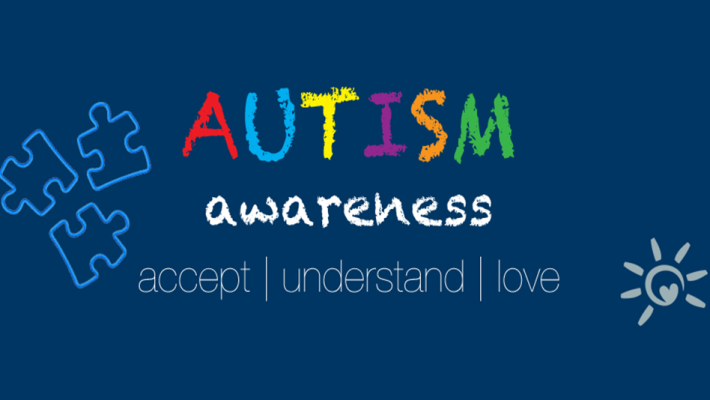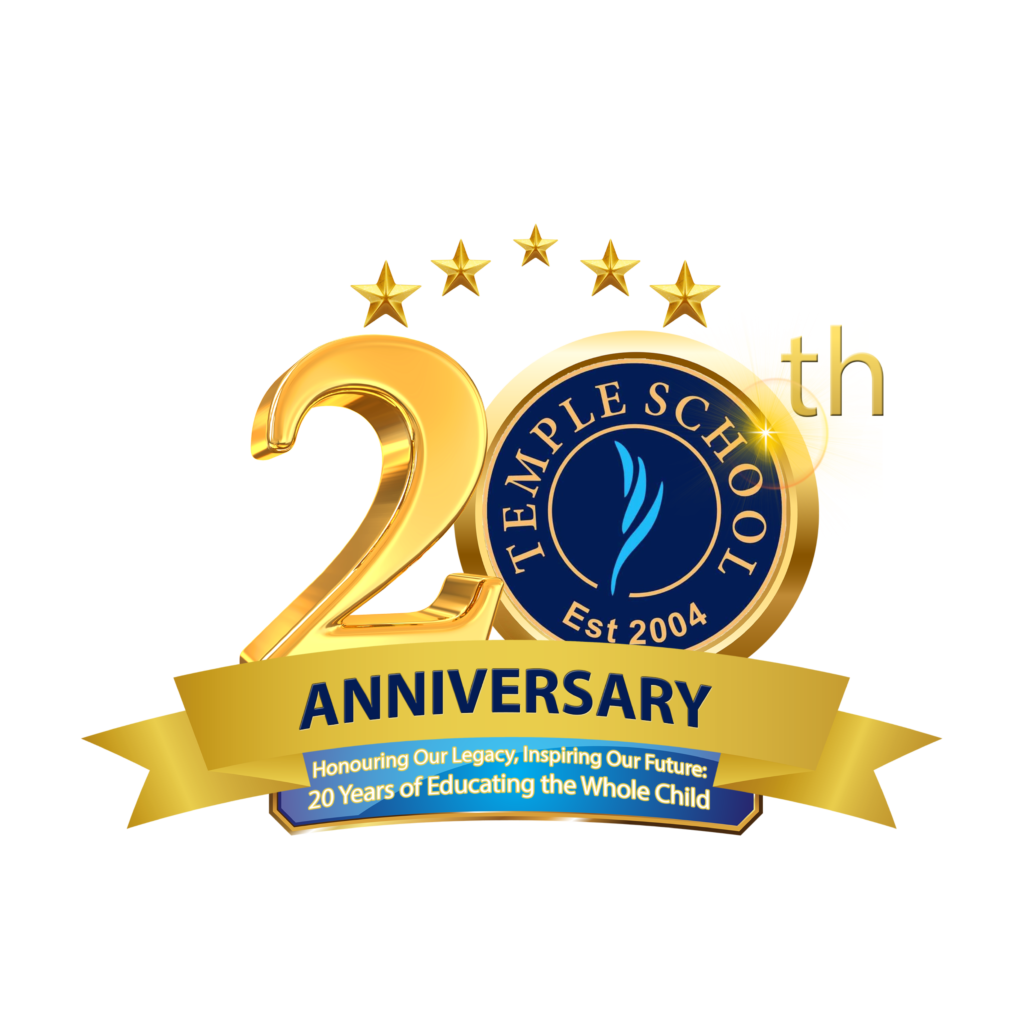At Temple, we believe education should be all inclusive, and children on the autistic spectrum who are able to, should experience within the mainstream classroom, even if only part of the school day.
It is the duty of all schools to provide safe and nurturing learning environments for these very special children in our society. For these children and their families, there is no better therapy than hands on practice socializing, communicating, just being and learning from peers. However, these special children and their families are not the only beneficiaries of having them within the mainstream classroom. They enrich the lives of their peers, the staff, and all who get to know them within the school. In fact, they enrich the society at large.
Educators and researchers will always emphasize that, for children living with autism, the key to leading a meaningful life is early intervention. Parents should get their child checked by their pediatricians immediately, if they notice he or she is not reaching the expected milestones at the appropriate age. Autism can be diagnosed as early as eighteen months.
Most essentially, the Nigerian society must acknowledge this condition, not as a contagious disease or ‘curse’, but as a condition that causes delays in social and emotional development, as well as in communication skills. It is a spectrum disorder, which means it varies in severity from one autistic child to the next.
This is a very good time for the Ministries of Education and Health to invest in resources, including the sponsoring of expert research and paraprofessional services, as well as the support of schools who open their doors to children living with autism.
These special children must not be marginalized or allowed to just ‘exist’. They should not only be accepted, but also embraced and enabled. They too can make positive contributions to their world, given the chance!
For more information on autism in Nigeria, please visit the following sites:


